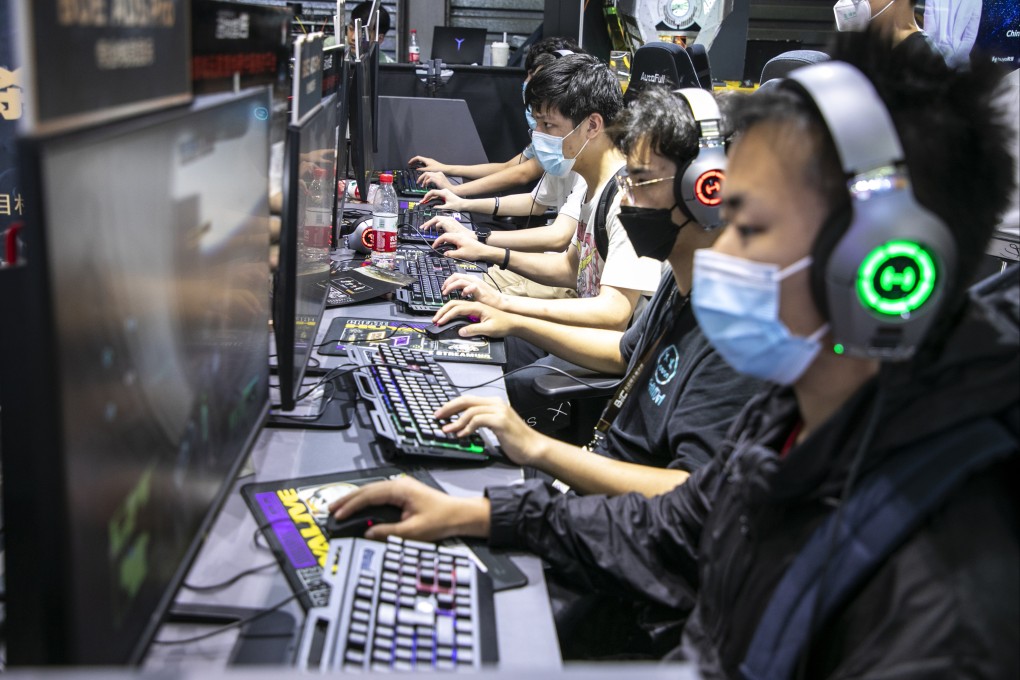China gaming ban: no new licenses in May points to ‘new normal’ in regulatory hostility
- Silence has followed the agency’s approval for 45 new video-game titles on April 11, leaving the industry in the dark
- China has the world’s biggest mobile-gaming market with an estimated US$49 billion revenue, one investor estimates

Since then, however, the agency stopped issuing new licenses to developers without any explanation, a departure from the previous episode of industry calamity. The agency approved hundreds of titles after December 2018, when it ended a nine-month ban after completing a regulatory regime reshuffle.
The stop-start pattern is a painful test for China’s gaming industry, which is already grappling with strict content censorship and stagnating growth in the number of players. The absence of new approvals last month is a clear sign that the good old days are over, analysts said.
“We do not expect the rate of approvals to differ from that of 2020 and 2021, nor do we expect a return to pre-2018 approval levels,” said Daniel Ahmad, a senior analyst at video game research firm Niko Partners.